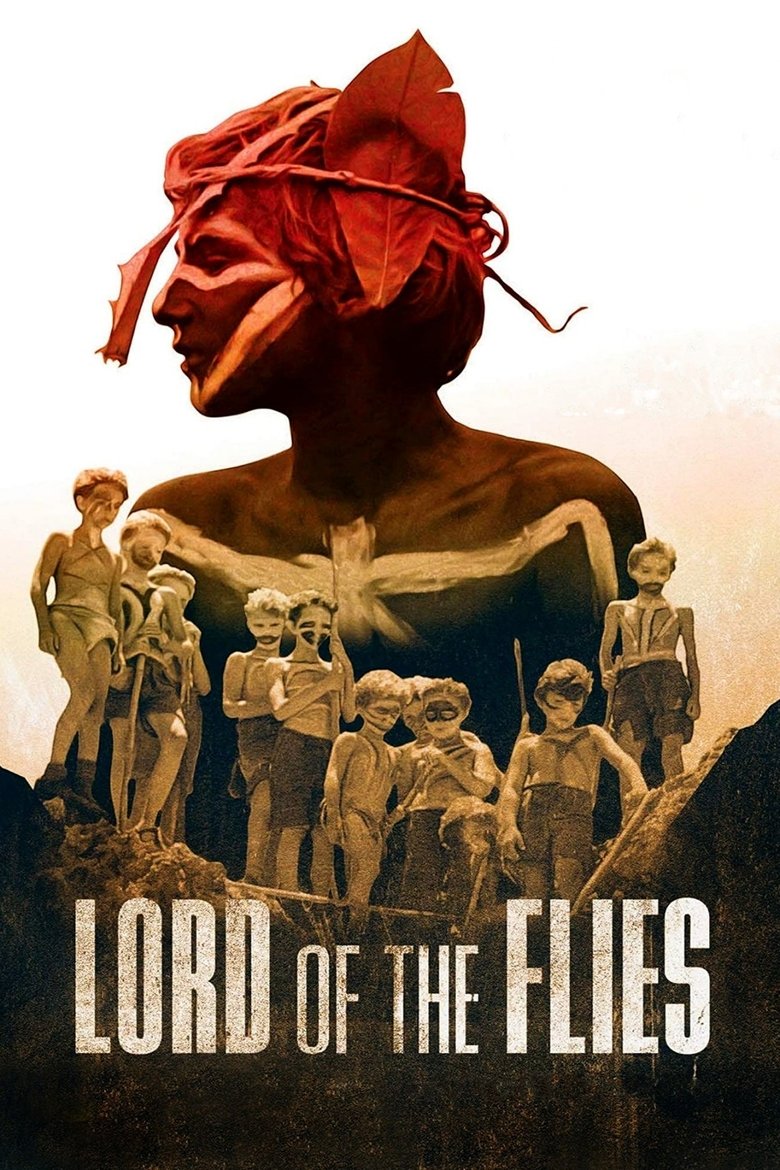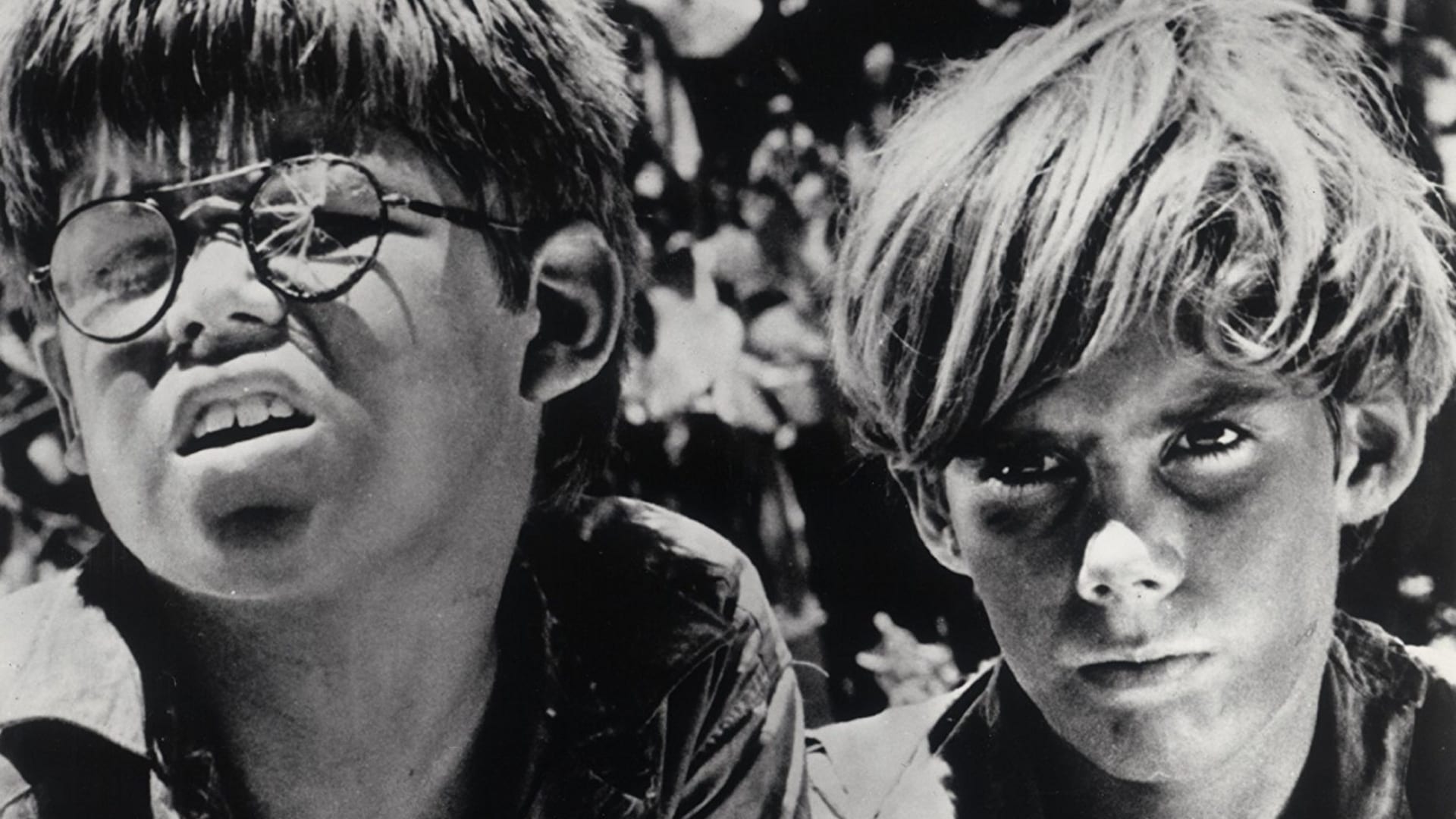Click here for a video version of this review: https://youtu.be/b-v5AvIlc8E
_Lord of the Flies_ is a classic book that I have never read, and its the source material for two movies, one from 1963, and the other in 1990, both of which I had also never seen. Having spotted the 1963 version on Kanopy, I loaded it up for a look.
If you're not sure what it's about, here's a brief rundown:
_Amidst a nuclear war, a plane carrying a group of schoolboys crash lands on a deserted island. With no adult survivors, the boys are forced to fend for themselves. At first they cooperate, but when they split into two separate camps their society falls into disarray._
Opening with a pretty effective photographic prologue that sets up things nicely for the commencement of the film itself this got my attention quite quickly, but boy does it go downhill very fast after that. The kids are not very good actors - most of their lines sound like they're reading them, it's poorly edited, and overall comes off feeling like something made by a first year film student in their back yard.
I spent a lot of the runtime thinking "okay this isn't very good, but let's see where its going" but ultimately it goes nowhere. There's no real explanation as to why certain boys go so wild, they just suddenly do. And as there is no time scale given you can't gauge if this was a slow descent into madness or not, and because of that we're just left with the choppy editing so it seems they went wild in a matter of days which makes how wild they go even more ridiculous. For a movie that sets out to be a serious drama film that asks the "what if?" question, it hasn't a shred of logic to it.
Any metaphorical meaning is lost in its terrible execution and complete lack of explanation. If I had not been primed by years of "this is an examination of the breakdown of humanity" and gone into this blind, I would have come away thinking it was a shoddily made movie with an incoherent story and no message. In fact, even going into it primed for a "breakdown of humanity" story, I still came away thinking it was a shoddily made movie with an incoherent story and no message.
There are no explanations, no exposition, and I couldn't help but be left thinking "why on earth is this a classic?"


